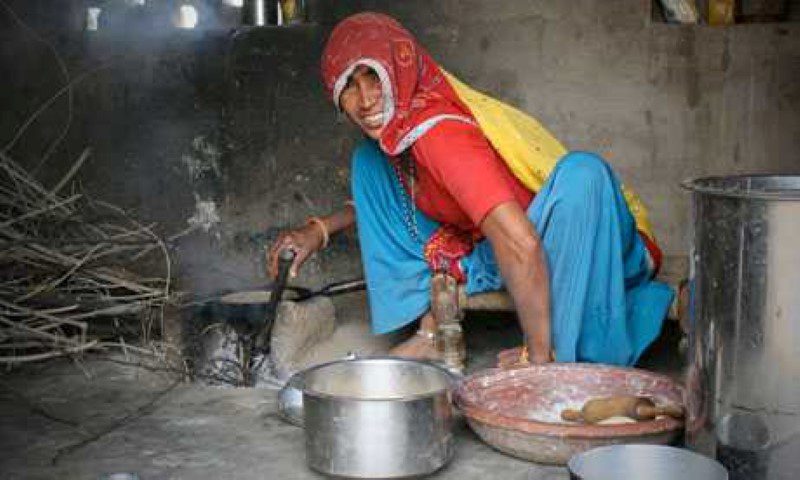Bhupesh Prusty
Würzburg, Germany
 |
It was a sultry Friday afternoon in India. Being a first year PhD student, I had to run to the outpatient department (OPD) of city’s biggest women’s hospital to collect fresh cervical biopsy samples. I was the excited, young, graduate student. I felt like a doctor, wearing a crisp white coat and could have passed for one but for the missing stethoscope. It was my first experience inside an Indian OPD, that too at a Women’s hospital. I was nervous when the first patient came in. She was a woman probably in her early fifties, looking very tired. The doctor asked her to take a seat and began to ask her questions about her problems. Suddenly she began to cry and begged the doctor to give her something to relieve her pain and not repeat the earlier procedure. Listening, I realized that she had undergone a cervical biopsy three months ago, but the doctors had been unable to estimate the progression of the disease. Suddenly she turned around, held my hands, quite strongly for her fragile petite figure, and pleaded for help. She had assumed I was a doctor and began to tell me her story.
Her name was Saira, and she came from a remote village hundreds of miles away from Delhi. Her husband had left her a long time ago, and since then she has had to fend for her children. She had been referred to this hospital by the village clinic, and not being able to afford staying in Delhi had to travel from her village each time she had to come for a check-up. During her first visit to the hospital there had been a resident doctor’s strike, and she had to stay somewhere in the city and wait for the strike to be called-off. That night she was robbed of her belongings. Somehow she had managed to find her way back home. During her next visit she saw a physician who advised her to have a cervical biopsy. Being illiterate she had not understood what this meant. Moreover, the doctor had not explained what this was all about and simply had asked her to lie down on the bed. After the procedure she was in severe pain, but was sustained by hope that someday she would be able to live a healthy life. She had been asked to come back in three weeks for review after collecting her biopsy report from the pathology department.
Fate, however, was against her. On the day she had come back for her report she found that the pathologist who held the answers to her pain was on vacation. She pleaded for someone else to give her the report, but in vain. Feeling crushed, she returned home to her children.
A week later, she came back to collect the report. The pathologist told that the biopsy sample had been of poor quality and inconclusive, and recommended she should have a repeat biopsy. This brought back painful memories of her previous experience and she decided to head back home, never to come back. Death seemed a blessing compared to the pain she had endured, and she had wanted to embrace death whenever He decided it was time to grant her some peace.
Being a daily-wage employee, she lost her income each time she went to the hospital and had to go without food for the day. But she had her children to feed. She had to make their future secure; and for that she had to live. That thought made her return to the hospital for treatment. She had no idea about what was in store for her, or if she would survive it all. But she came back.
Listening to her story, I stood there speechless. How was I supposed to tell her that I was not a doctor and reveal my true purpose- to collect samples. Her pain was going to feed my experiments, take me one step further towards my dream, my doctorate. Today I offer this as a tribute to Saira and many others like her, who suffered pain but made an indirect contribution to the fight against disease, who lived in darkness but send out rays of hope for the future of mankind.
BHUPESH K. PRUSTY, PhD, finished his studies at the Institute of Cytology and Preventive Oncology / Jamia Milia Islamia, New Delhi in India. He worked with Prof. Harald zur Hausen, German Cancer Research Center (DKFZ), Heidelberg for 3 years as a postdoctoral fellow and subsequently joined Prof. Thomas Rudel at University of Würzburg, Germany where he works as a scientist. He is an expert in the field of virology and microbiology and works on a novel concept of co-infection biology from last several years.
Highlighted in Frontispiece Spring 2016 – Volume 8, Issue 2
Spring 2016 | Sections | Personal Narratives

Leave a Reply